Meet the future of public value: Spotlight on MPA student… Manuel Maldonado
12 November 2020
Introducing Manuel Maldonado, 2020-21 Master of Public Administration (MPA) student at the UCL Institute for Innovation and Public Purpose (IIPP). We get to know more about him, while discussing public value and why he chose IIPP and our MPA.
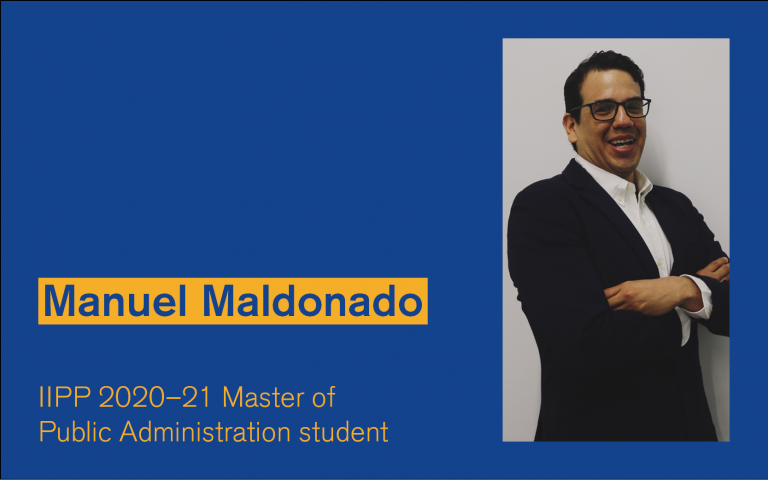
What were you doing before you joined the IIPP MPA?
Working in a department of the Presidency of the Council of Ministers. I was in charge, among other things, of two remarkably interesting projects. The first one was related to the use of an adaptation of the customer journey map to improve public services. This year we will be working with the online public education system and the access to the disability card. The customer journey map allows the decision makers to have a systematic view of the services, across different public or private organisations. The second project was to improve the public administrative systems (for example the guidelines or rules of planning, budgeting, human resources, and others) using the experience of the civil servants. To do that, we use the design thinking methodology to create a survey that allows us to capture the civil servants experience to put forward a reform agenda.
Why did you choose to apply to the IIPP MPA?
Because of my undergraduate in public management, I was looking for a different type of MPA, one that can provide me with a new type of perspective about the role of government, public action and the activities needed to create profound impact in society. Additionally, I am convinced that governments must embrace innovation and a systematic view of problems and solutions. Governments alone can not solve all the problems. Having this in mind, the IIPP MPA was the best choice. It has an excellent fresh view of how an MPA should be structured and Mariana is a great representative of rethinking the role of government in modern societies.
What challenges or topics around innovation, public policy, and public value concern/interest you the most?
I think one of the topics that interests me the most is how the systematic view of problems and solutions could change, for the better, the way that government acts. I think it is essential that governments start to work in a more collaborative way. There are a lot of resources in the private and the non-governmental sector that are not effectively coordinated or used to solve problems like quality or access to education, climate change, gender violence, etc.
Another topic that interests me is the use of innovation, not only technological innovation or as an industrial policy, but as a way of doing things differently and better by putting the user/citizen at the centre of governmental action and by being able to test and experiment for a near to optimal solution (something that, for example, is very difficult to do in a Peruvian public organisation in part because there are more sticks than carrots regarding this topic).
What do you hope to get out of the IIPP MPA?
As I learn, I try to think or imagine what are the possible applicabilities of the knowledge that I acquire. So by the end of the MPA, I hope to have a list of recommendations or ideas that I should try to adapt and implement when I return to Peru. I started my career in the public sector, almost ten years ago, because I wanted to change things, prove that not all civil servants are corrupt or inefficient. I have taken a year-long break from this commitment in order to acquire more knowledge and keep trying to change how the Peruvian public administration works. I am sure that only by having better civil servants who are committed to generate public value, governments will do things better.
Why do you believe it is important that we change how public value is imagined, practised and evaluated?
Public value is a term that is used to justify almost all governmental actions. Yet I think that everyone has different definitions and are not quite sure how to create or manage it. Also, the notion of “public value” puts the whole responsibility solely on governmental actions. Having this in mind, I think it is necessary to understand and create a consensus about what value is and how it can be created not only in the public sector but in the private and the non-governmental too. There should be a notion of how the collaborative work of different actors around a topic can create value. Value should be understood as a shared element both being created and consumed by different type of actors.
What is your favourite album, film or novel?
I have two favourite films: Retablo and When the Levees Broke. These are quite different films. The first one is a Peruvian movie that portraits the relationship between a son and his father in the Andes of Peru, after the latter was rejected by his community because of having a different sexual orientation. I think it is a groundbreaking movie. The second is a Spike Lee documentary around the government response during and after hurricane Katrina. This was a great film that allowed me to see a whole other side of government action and coordination during a crisis or a natural disaster. Some of these things could apply to the current context of battling COVID.
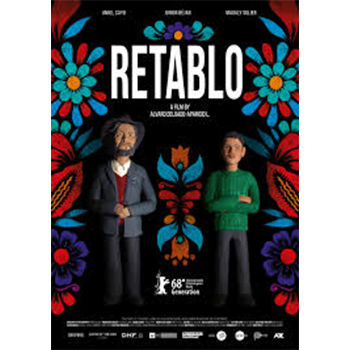
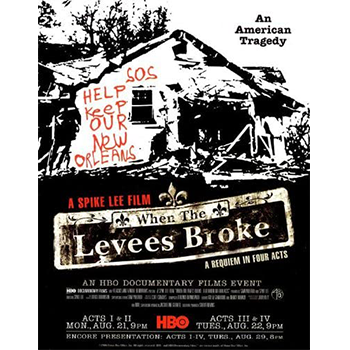
If you had to remove one social media app from your phone, which would one would it be and why?
Facebook. I think that it has lost a lot of value for me. It is full of fake news, damaging content, not user friendly at all and I found it quite messy. I used to use it a lot, but I do not share anything anymore. For me, it has lost that “private” side that was there at the beginning.
Who would be your top three dream dinner guests (dead or alive)?
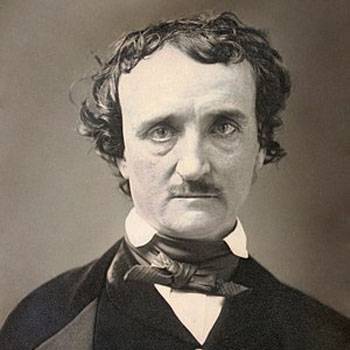 Edgar Allan Poe
Edgar Allan Poe

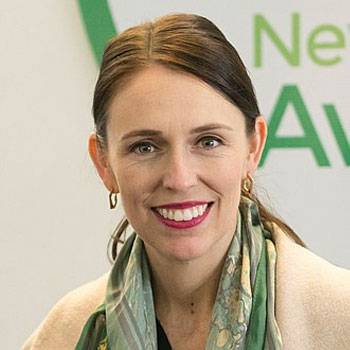 Jacinda Ardern
Jacinda Ardern

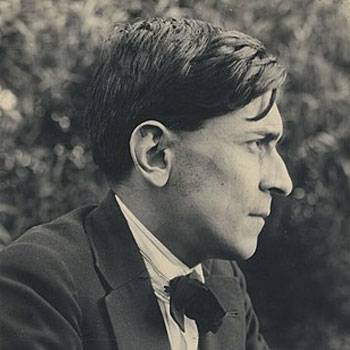 José Carlos Mariátegui
José Carlos Mariátegui

If your fellow MPA students were to visit you in your city, where would you take them and what is a local dish they would have to try?
Peru is a rich country, both in history and culture. Lima is quite a diverse city in terms of infrastructure, and it is known for having beautiful colonial buildings (churches, squares, palaces) and top-of-the-class restaurants. So, I would take them to downtown Lima to visit these colonial buildings and then to eat a tasty ceviche by the sea.
What is your life motto?
No matter what, always rise.
Contact
For information about studying at IIPP, please contact Isha Reid, Teaching and Learning Administrator at IIPP:
Email: iipp.studentenquiries@ucl.ac.uk
 Close
Close

